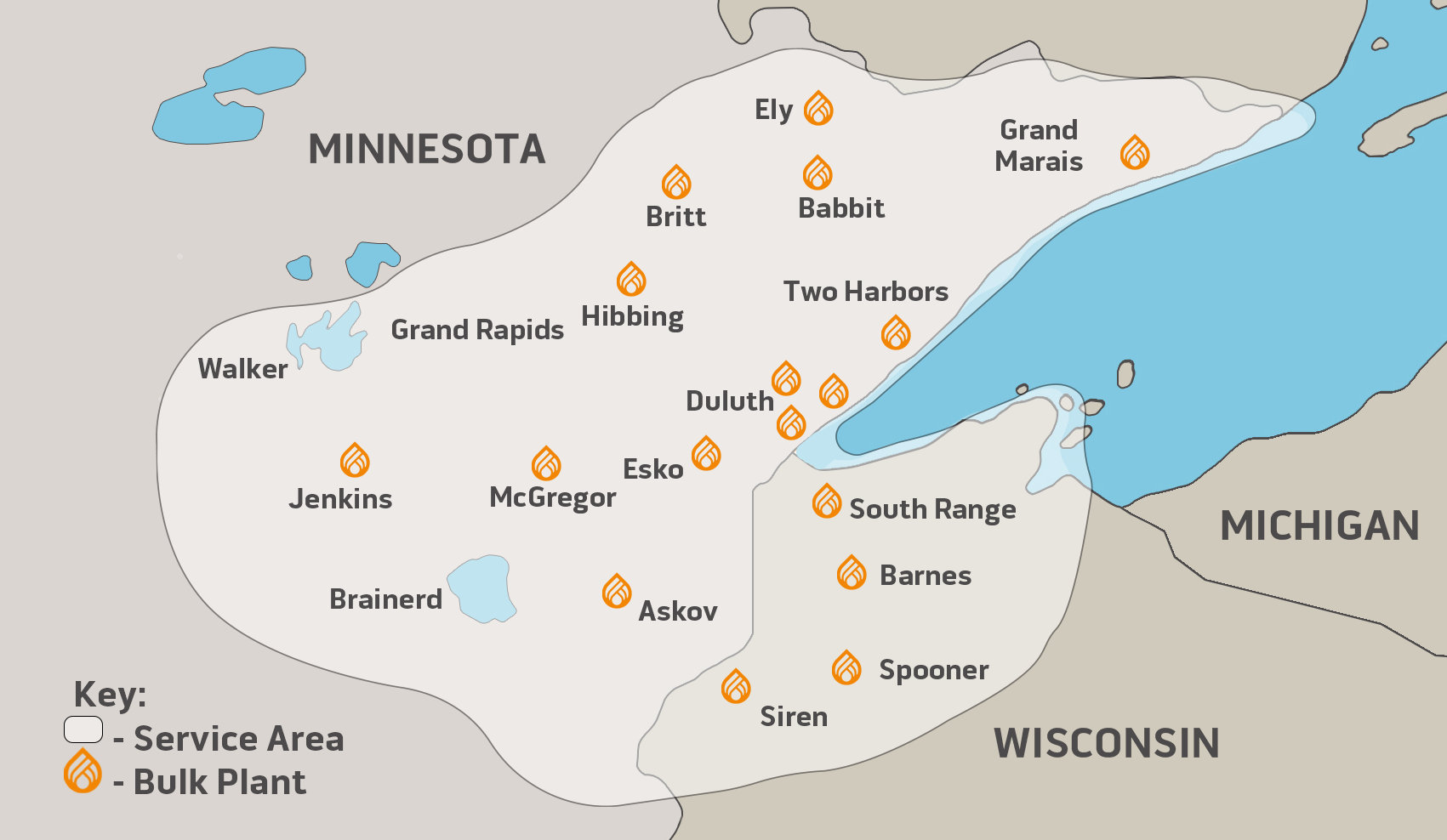Propane fuel is an entirely domestic. Currently, we have over 200,000 propane powered vehicles traveling the roadways in the United States, with an increasing number of school busses converting to propane. Isn’t it weird that the majority of the emphasis on reducing emissions is put on electric, solar, or wind energy? Propane might not be the best long-term solution, but it is a readily available alternative to gas and diesel that has significantly smaller impact on our environment. Most notably, propane autogas cuts emissions of toxins and carcinogens, like benzene and toluene, by up to 96 percent when compared to gasoline (Southwest Research Institute).
I know what you’re thinking, helping the environment always sounds great. I mean, who wouldn’t want to leave the world a better place after they’re gone? The main issue with a lot of green initiatives is that they just can’t compete price-wise with the less environmentally friendly alternatives. On top of that, how is my changing of habits going to make a difference when there’s 7 billion other people on this planet? I’m not going to sugarcoat it, there are obviously some upfront costs associated with switching your energy consumption to propane.
But, it’s worth looking into.
According to Blue Star Gas, the average cost to switch your vehicle from traditional gasoline or diesel is $5,800. This is much less expensive than purchasing a new hybrid. On top of that, the transition will pay for itself. The average price of propane per gallon is typically around or lower than gasoline, and is more stable, the United States produces more propane than any other country. The primary way a propane autogas saves you money is its higher octane rating, which can range from 90 to as high as 110. Because of this, your vehicle burns cleaner fuel and would need less-frequent oil changes and have a longer engine life.
But what about practicality? Where am I going to fill up my tank every week or so?
As with most other gas and diesel alternatives, the convenience of pulling into any gas station across the country does play a factor in deciding whether or not to make the switch. For propane autogas, there are actually quite a bit of filling stations that are available.
Propane isn’t the perfect alternative to gasoline and diesel engines, but it is a viable option. Whether or not you decide to make the transition to propane autogas, I hope that you are now a little more informed with the current alternative fuel options and how propane stacks up against them.
About Us
We are proud to be one of the last local propane and heating oil suppliers in the northland. Our success wouldn’t be possible without the help from our friends, family and neighbors. Thank you all for your business and support.
Quick Links
Our Service Area

